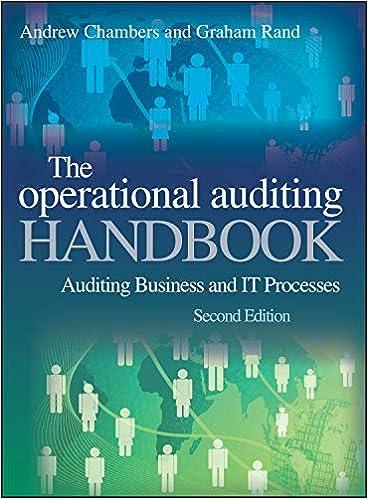
Kim Burke is the owner and operator of a small flower shop, Kim's Flowers. She has decided to develop a database system to track her purchases, floral inventory, accounts payable and cash payments. However, she does not have time to do the development herself. Therefore, she has hired you to design and implement the system for her. She describes the requirements of her system as follows: Whenever flowers are needed, a purchasing agent enters a purchase order for the items needed directly into the computer system. To accommodate all of her floral needs, the purchasing agent may need to prepare several orders, as Kim orders flowers from many different vendors. The purchasing agent may order several types of flowers from a single vendor on one order. Kim approves and prints these purchase orders and sends them to the vendors. A floral designer records the receipt of flowers from a vendor on a special screen in her accounting system. At the end of each month, an accounts payable clerk creates checks to pay for all amounts charged through the end of the month. Once the checks are created, Kim authorizes the checks, prints them and mails them to vendors. Kim also uses special screens in the computer system to perform maintenance for inventory items (add, modify and delete items from the file), and to record disposal of old or damaged flowers. - Prepare an EER diagram describing Kim's database. You may repeat a box for an individual entity if necessary to make your drawing neat. Kim would like for you to consider that, eventually, as new stores are opened, she will have store managers in each store that will perform the tasks she now performs. As a result, the system should be planned to always store information about the employee associated with transactions, whether that employec enters information, performs a task (such as delivery) or formally authorizes the transaction. Hints: (1) Each item on a floral receipt may be from a different purchase order. Different items on a single purchase order may be received at different times using different receipts. (2) Each check may pay for several receipts. However, a single receipt will always be paid for using







